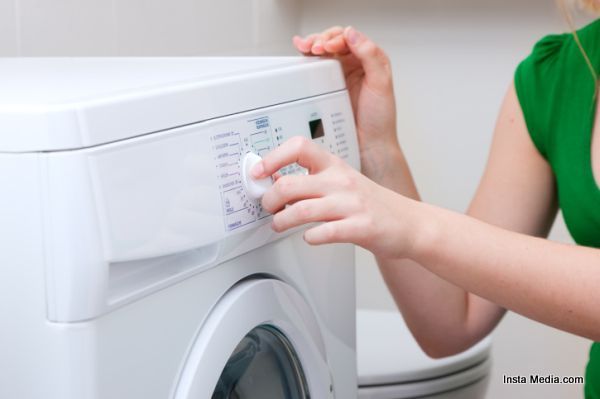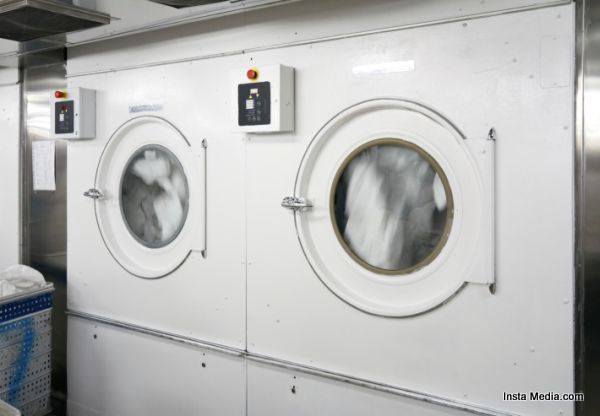THE LATEST CRAZE
Eco friendliness is the word of the decade, with institutions starting from individuals earning modest incomes to organisations with a billion dollar turnover willing to spend a considerable percentage of their revenue investing in social responsibility, as the world becomes increasingly inhabitable. It is however not possible in the highest of degrees for an individual without a disposable to be environmentally conscious. This allows corporations to guilt-trip the people and emotionally blackmails them into adopting practices that are not scientifically valid but the adoption of which will ensure a higher sales revenue for the company.
THE CORRECT TEMPERATURE
One such example is the popular preaching of the wisdom which asks the common cloth washer in every house to cool wash clothes when using a washing machine. By cool wash, it means that the temperature of the water should not exceed thirty degree Celsius. Some environmental activists had prematurely advocated this since they wanted people to reduce power consumption over household chores. There have however been advances by hygiene experts on how this piece of information has been proved to be a fallacy and how lowering of temperatures does not assure one of a shirt rid of bacteria.
Germs have been observed to form on the inner wall of the washing machine and with increasing usage of the machine the germ colony seemingly multiplies exponentially. This colony thrives when the temperature of the water is nearer to the ambient temperature and warmer water kills the bacteria thereby rendering the probability of a bacterial infection to a manageable low. Laundry experts say that keeping the temperature at thirty degrees is actually ideal for our experiments in which we grow bacteria. And that, at this temperature, bacteria incubates most effectively. The temperature needs to be raised to at least sixty five degrees for polyester cotton and to seventy one degrees for pure cotton.
THE CON
The average washing machine contains somewhere around a hundred million E.coli bacterium at a time. To reduce them completely, higher temperatures and stronger detergents are needed. Detergent companies urge us to wash at a lower temperature since a greater amount of detergent will be required to achieve the required dilution for a proper cleaning fluid. Washing machines suffer at lower temperatures too as a grease lining builds up on the door lining as well in the detergent drawer.





